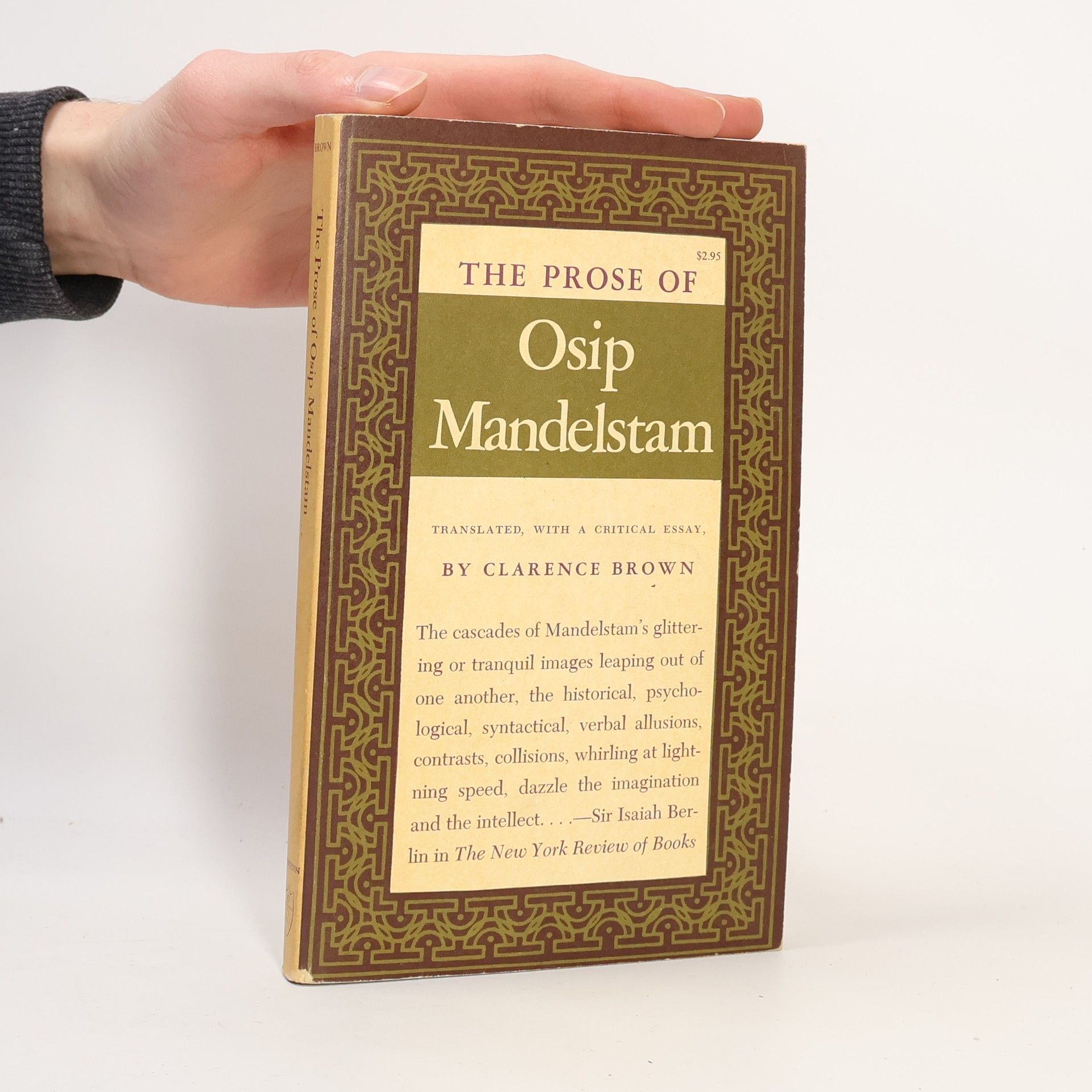Clarence Brown Ordre des livres (chronologique)
Clarence Brown est un théoricien littéraire distingué, spécialisé en littérature russe et comparée. Ses essais critiques et ses traductions du russe ont enrichi la compréhension de la littérature mondiale. Il a été professeur à l'Université de Princeton, formant des générations d'étudiants. Son œuvre explore les thèmes profonds et les nuances stylistiques des œuvres littéraires.





Snacks & Fingerfood
- 160pages
- 6 heures de lecture
"Nous Autres" est la première dystopie jamais écrite. Beaucoup d'entre nous pensons que c'est George Orwell l'inventeur du genre avec "1984", mais c'est Evgueni Zamiatine. Orwell a lu Zamiatine et s'en est inspiré dans ses livres. Les éditions Sinope ont voulu remettre sur le devant de la scène ce grand auteur.
Journey to Armenia
- 80pages
- 3 heures de lecture
Осип Мандельштам (1891–1938) — одна из ключевых фигур русской культуры XX века, ее совершенно особый и самобытный поэтический голос. «В ремесле словесном я ценю только дикое мясо, только сумасшедший нарост», — так определял Мандельштам особенность своей прозы с ее афористичной, лаконичной, плотной языковой тканью.